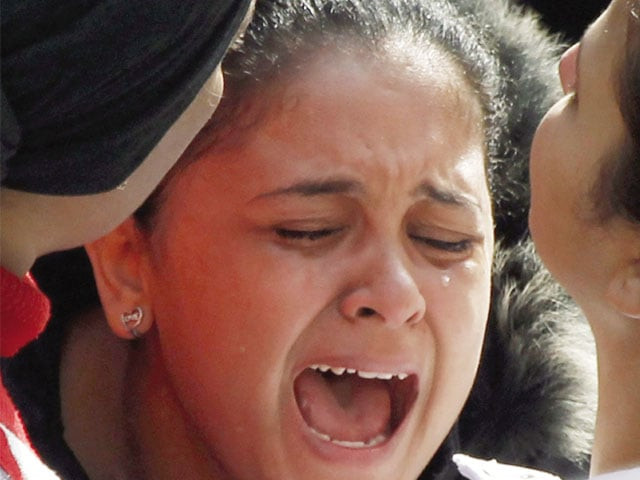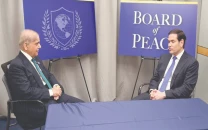Terror strikes on New Year’s Day: Suicide bomber kills 21 outside Egypt church
Officials were swift to play down sectarian differences, emphasising national harmony.

Dozens of people were wounded by the blast, which scattered body parts, destroyed cars and smashed windows. The attack prompted Christians to protest on the streets, and some Christians and Muslims hurled stones at each other.
Egypt has stepped up security around churches, banning cars from parking outside them since an al Qaeda-linked group in Iraq issued a threat against the Church in Egypt in November.
Egypt’s leaders were quick to call for unity, wary of any upsurge in sectarian strife or other tensions as the country approaches a presidential election due in September amid some uncertainty about whether President Hosni Mubarak, 82, will run.
Mubarak promised in a televised address that terrorists would not destabilise Egypt or divide Christians and Muslims. He said the attack “carries evidence of the involvement of foreign hands” and vowed to pursue the perpetrators.
The circumstances of the attack, compared with other incidents abroad, “clearly indicates that foreign elements undertook planning and execution,” the Interior Ministry said.
“It is likely that the device which exploded was carried by a suicide bomber who died among others,” it said in a statement. State media had earlier blamed a car bomb.
Health Ministry spokesman Abdel Rahman Shahin said 21 people had been confirmed killed so far and 97 were wounded, the official Middle East News Agency reported. The church said 20 people were confirmed killed and remains had been found indicating 4 to 5 others had died.
“We condemn this unfortunate incident that threatens our nation, its security and safety of its citizens. What happened is a dangerous escalation of sectarian events that target the Copts,” said a statement from the Alexandria Council of Priests.
Christians make up about 10 per cent of Muslim-majority Egypt’s 79 million people. Tensions often flare between the two communities over issues such as building churches or close relationships between members of the two faiths.
Analysts said this attack was on a much bigger scale and appeared far more organised than the kind of violence that usually erupts when communal frustrations boil over.
Egypt’s Christians have been threatened by the al Qaeda-linked Islamic State of Iraq group, which attacked a church in Baghdad two months ago in what it called a response to the mistreatment of Muslim converts by Egyptian Copts.
A statement posted on a website called on Muslims to “bomb churches during the Christmas holiday when churches are crowded”. It was not clear who was behind the statement that listed churches in Egypt and elsewhere, including Alexandria’s Church of the Two Saints that was targeted.
“The first and most likely possibility is that a sleeper cell of al Qaeda group carried out this operation and this would mean that al Qaeda has penetrated the Islamic political movement in Egypt,” said analyst Nabil Abdel-Fattah.
Alexandria governor Adel Labib “accused al Qaeda of planning the bombing”, state television reported.
Meanwhile, Pope Benedict, worried over increasing inter-religious violence, will host a summit of world religious leaders in Assisi in October to discuss how they can better promote peace, he announced on Saturday.
Published in The Express Tribune, January 2nd, 2011.



















COMMENTS
Comments are moderated and generally will be posted if they are on-topic and not abusive.
For more information, please see our Comments FAQ